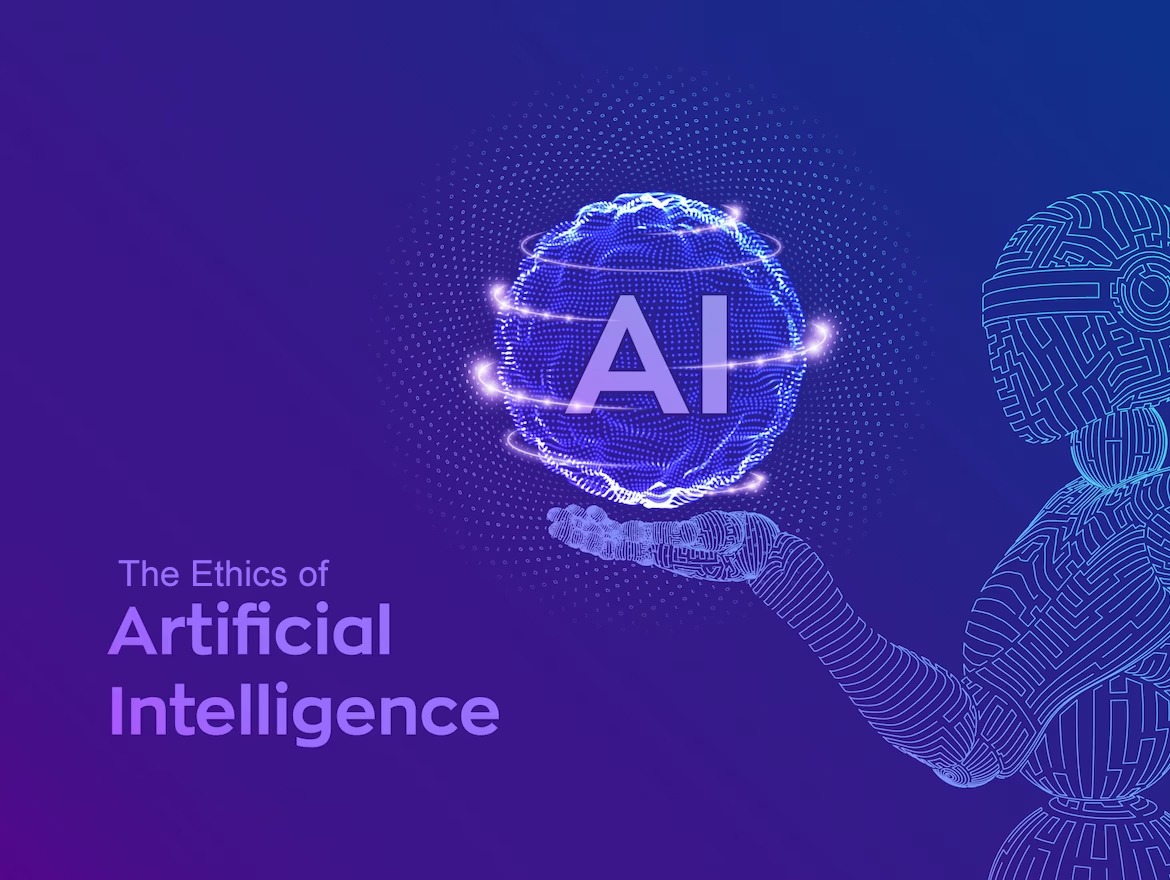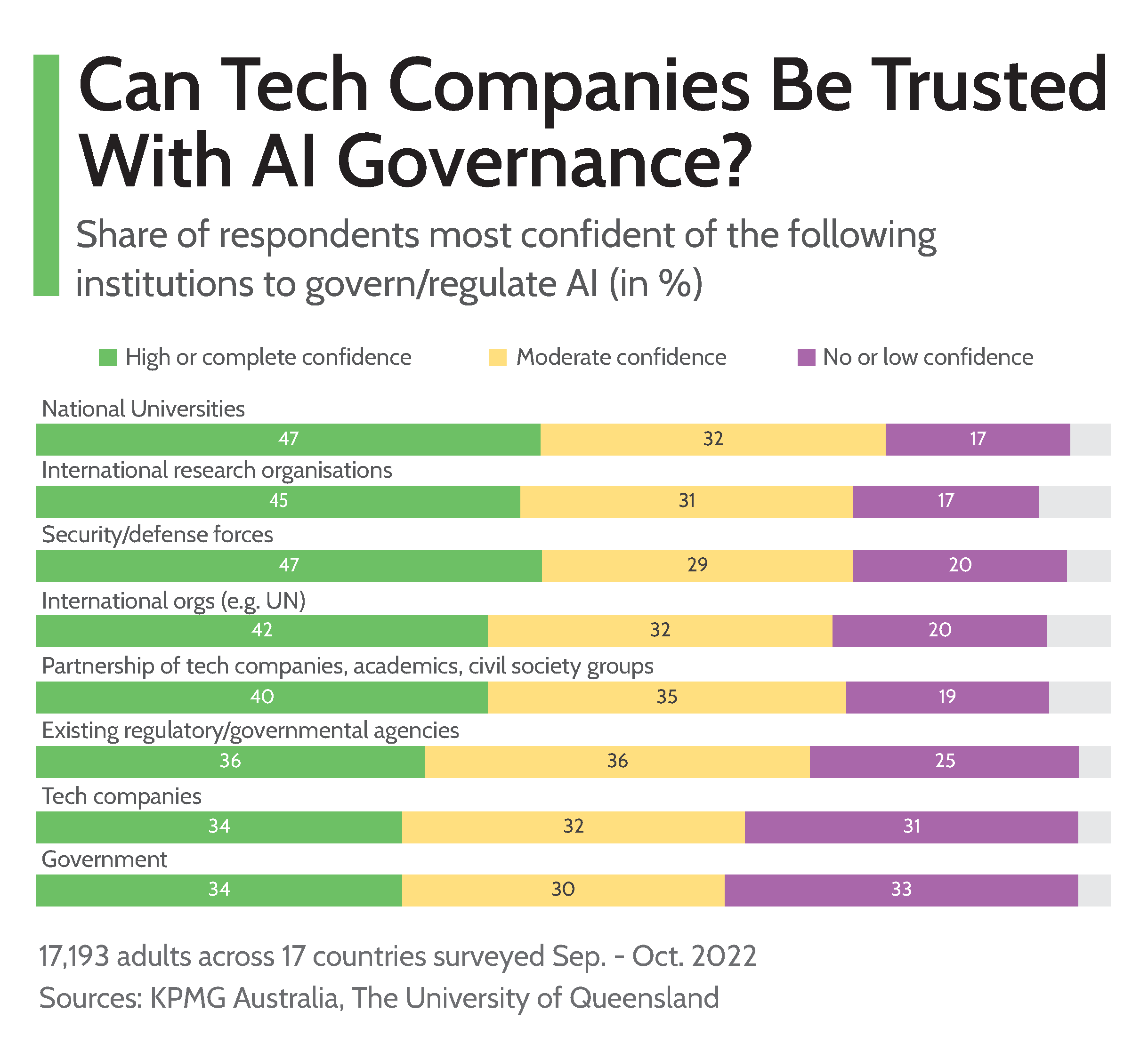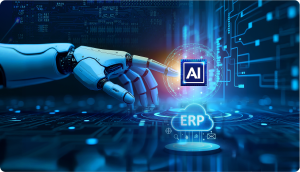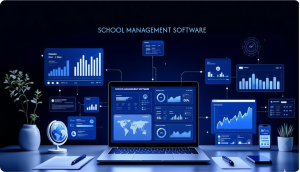
Ai is transforming our lives and how we conduct business. More and more businesses are integrating AI technology as a business differentiator. AI Innovation is like a turbocharged engine with new technologies being announced frequently. To name just a few – Generative technologies such as ChatGPT kicking up a storm recently to facial recognition and AI solutions in hiring as well as AI redrawing the healthcare landscape.
However, innovation must be accompanied by the responsibility to ensure that new AI applications are ethical and beneficial to society. With the increasing use of AI in various domains, businesses need to be aware of ethical and legal considerations related to its use. The potential harm to individuals, the risk of bias and discrimination, and the need for transparency and accountability are all critical issues that need to be addressed.
Many AI regulations specific to certain use cases emerged in the US in 2022 and 2023 will see more. New York, Illinois and Maryland have already begun to regulate automated employment decision tools AEDT. Under New York Law, All AEDTs must comply with an annual AI ‘bias audit’ and results should be publicly available.
A responsible AI strategy helps businesses to navigate these issues and ensure that their use of AI is in line with ethical and legal standards.
Real-life examples of AI bias that initiated the need for ethical AI
AI bias refers to the systematic error or unfairness that can be introduced into an AI system due to certain features of the training data or the way the system is designed. This can lead to discriminatory outcomes that can disproportionately affect certain individuals or groups. Here are some real-life examples of AI bias that have led to calls for ethical AI:
One of the most talked about cases of AI bias was in the AI hiring tool developed by Amazon. In 2018, Amazon had to scrap an AI recruiting tool that was biased against women because it had been trained on a dataset of resumes that were overwhelmingly from men. This led to calls for greater transparency and accountability in the design and implementation of AI-based hiring systems.
There have been several instances where facial recognition systems have been shown to exhibit racial bias, where the systems are less accurate at identifying individuals with darker skin tones. In 2018, researchers found that Amazon’s facial recognition software, Rekognition, was less accurate at identifying the gender of darker-skinned individuals, and had a higher error rate for identifying women than men. This has led to calls for stricter regulations on the use of facial recognition technology, especially in law enforcement.
AI systems in healthcare are being developed to assist doctors in making diagnoses and treatment decisions. However, there have been concerns that these systems can be biased against certain groups., A specific example of AI bias in healthcare involves a study published in 2019 in the New England Journal of Medicine. The study found that an algorithm used by a hospital to identify patients who might benefit from extra care and follow-up was biased against black patients.
The AI algorithm used a variety of factors, such as the number of chronic conditions and recent hospitalizations, to identify patients who were at high risk of being readmitted within 30 days of being discharged. However, the study found that the algorithm was much more likely to flag white patients as high risk, even when they were no more likely to be readmitted than black patients.
The researchers found that the algorithm was biased because it was trained on data from the hospital’s previous patient population, which had a lower proportion of black patients than the current population. As a result, the algorithm was less accurate at identifying high-risk black patients, which could lead to disparities in care and outcomes.
These examples highlight the importance of ensuring that AI systems are trained on diverse and representative datasets and that they are rigorously tested for bias in AI and fairness. It also underscores the need for greater transparency and accountability in the development and implementation of AI in healthcare, to ensure that patients receive equitable and high-quality care.

Industry sectors and how AI ethics will impact them
Even though AI is prevalent across industries, most businesses still feel that AI regulations will not impact them. They do not realize the extent that AI is already part of their everyday operations. Companies that have already implemented AI solutions or those evaluating new solutions must begin to bring more transparency into their AI design and development to be prepared for AI regulatory risks.
These are some industries having a high involvement in AI and machine learning:
Financial services and Fintech: Most financial services have gone online with very little human intervention. Consumers get approved for credit cards by filling in a few details and because credit scores are instantly available, credit card issuance decisions can be made by AI algorithms instantly. All online payments are also protected by security and fraud detection AI models.
E-commerce and hospitality industry: Just about every retail and e-commerce platform uses AI technology to personalize the shopping experience, optimize inventory management, and improve supply chain efficiency. In fact, for most consumers, this has been their first introduction to AI. We have all been wowed by the way AI algorithms actually ‘know’ us by personalizing offers and promotions and product pricing. In fact, think about the personalized travel recommendations you get, the restaurant offers, or even showing your face to an online facial scanner or in-store kiosk and getting makeup recommendations.
Automotive: AI is being used in the automotive industry to develop self-driving cars, improve vehicle safety, and optimize manufacturing processes. Companies like Tesla and 19 other insurance companies in America are offering usage-based insurance to their policyholders with a cost saving of 10% to 15%. Data is gathered in real-time from the vehicle’s telematics system or a device that is plugged into the vehicle’s diagnostic port.
Logistics: The trucking and logistics industry has been quick to adopt AI (Artificial Intelligence) and machine learning technologies to improve operations and increase efficiency. AI technology is deployed for route optimization and predictive maintenance of fleets by analyzing sensor data from trucks thus reducing risks of breakdown. AI-powered cameras are used to monitor driver behavior providing real-time feedback on things like speeding, harsh braking, and lane departure to help drivers improve their performance and reduce accidents. AI-powered platforms are also used to match shippers with available trucks improving the efficiency of the supply chain.
Healthcare: AI is being used in healthcare to analyze patient data and medical images, develop personalized treatment plans, and even assist with surgeries. Most EHR platforms, like RehabOne from iTech, integrate AI to automate tasks. AI-powered document processing tools such as DoxExtract can scan, analyze, digitize, and categorize any document. On the device side, AI-powered wearables can track markers like heart rate, activity, and other parameters of acute and chronic conditions to personalize care and help in the remote monitoring of patients.
Education: AI is being used in education to personalize learning experiences, automate administrative tasks, and analyze student data to identify areas for improvement.
There are other industries like manufacturing, advertising, and customer service function that are using AI to a wide extent. Virtual assistants have taken the load off human operators, streamlining the customer support process.
In short, every industry needs to be concerned about ethical AI and be aware of the new Ai regulations that are in the pipeline.
What companies must do to be prepared for evolving AI regulations?
There are many ways that AI can enter into your business models. Companies may develop their own AI solutions or partner with AI companies like iTech to develop AI solutions. They may license AI technology from a third-party vendor or a mixture of both. Whichever path that your organization follows currently or in the future, companies must establish AI governance through
- Information security programs
- Privacy compliance programs
- Risk management programs
While AI regulatory approaches might differ for each country there is a certain commonality that makes it similar for every business when it comes to internal AI governance.
1. Clear documentation about AI: Companies should know all the operational decisions which are made using AI models. These are questions that regulators and even consumers will want to know, so don’t get caught on the wrong foot. Also, have a clear company policy that will govern AI adoption in all future projects.
2. Develop transparent AI algorithms: Ensure that AI algorithms are transparent and explainable. This means that the decision-making process of AI should be clear and understandable, and the reasons behind AI’s decisions should be explainable to stakeholders. This can be a challenge as AI is self-learning.
3. Ensure data privacy and security: Ensure that data privacy and security are a top priority when developing and deploying AI technologies. This includes protecting personal data and ensuring that data is used ethically and responsibly.
4. Conduct regular audits: Conduct regular audits to ensure that AI technologies are being used ethically and responsibly. This should include monitoring the impact of AI on different stakeholders and making necessary adjustments to ensure ethical compliance.
Ai offers tremendous benefits to businesses and their customers. Since AI is self-learning often the reasoning behind the decisions made is not understood even by those who designed it. Deep learning in particular can result in models that only machines can understand. In such a situation, AI ethics will require accountability from the organization that has designed and used the models. It remains a very complicated minefield to navigate.







